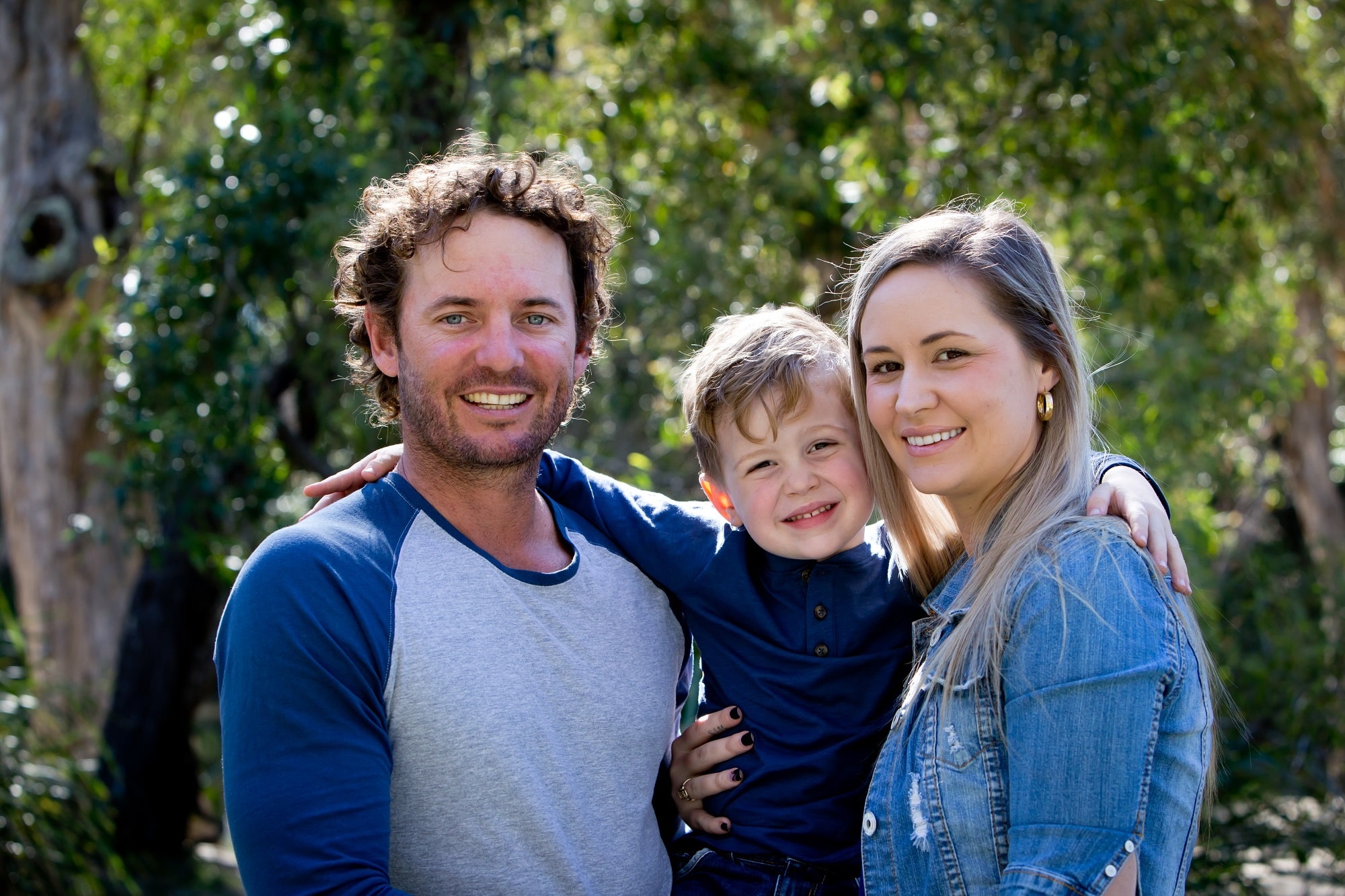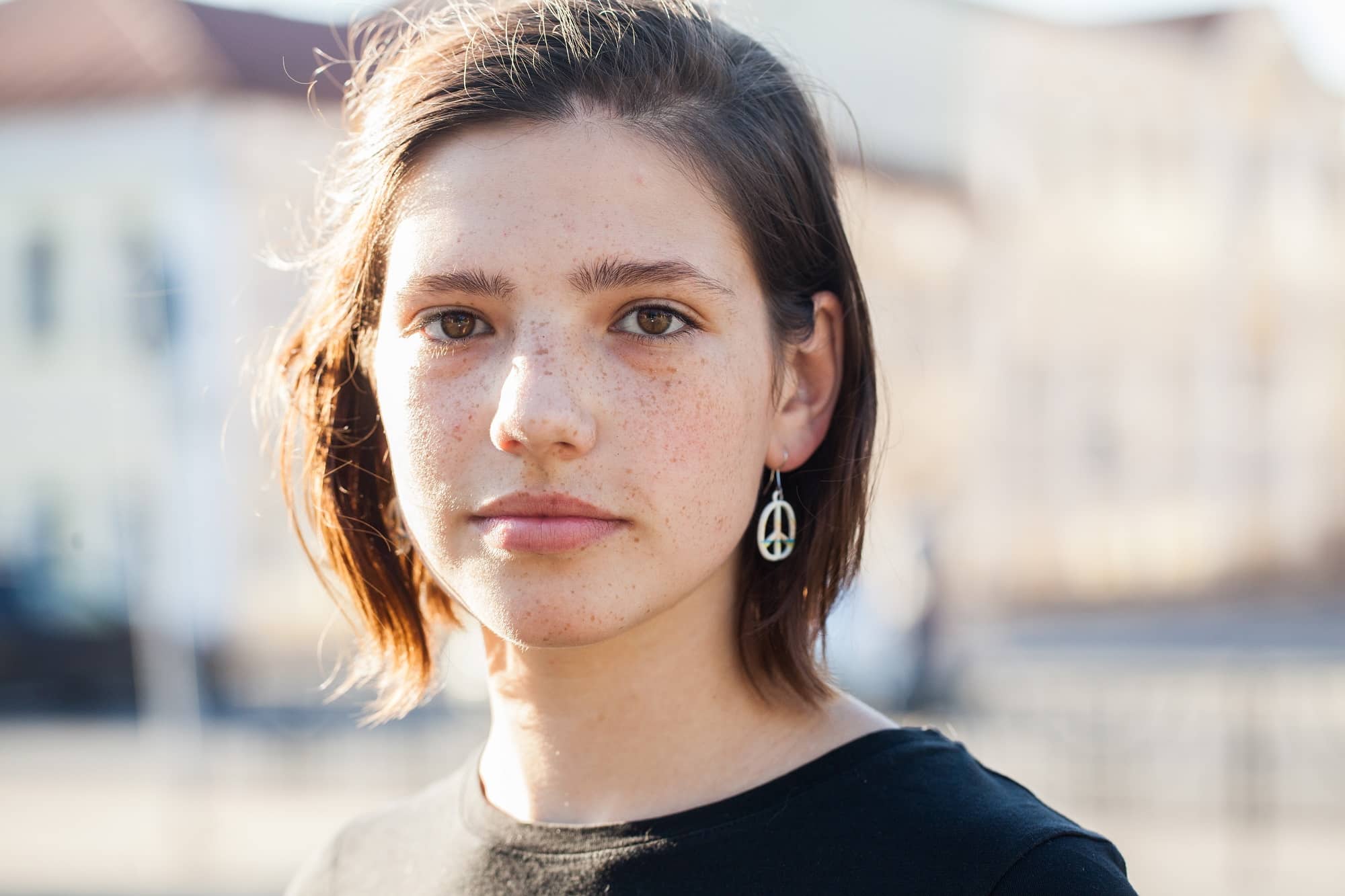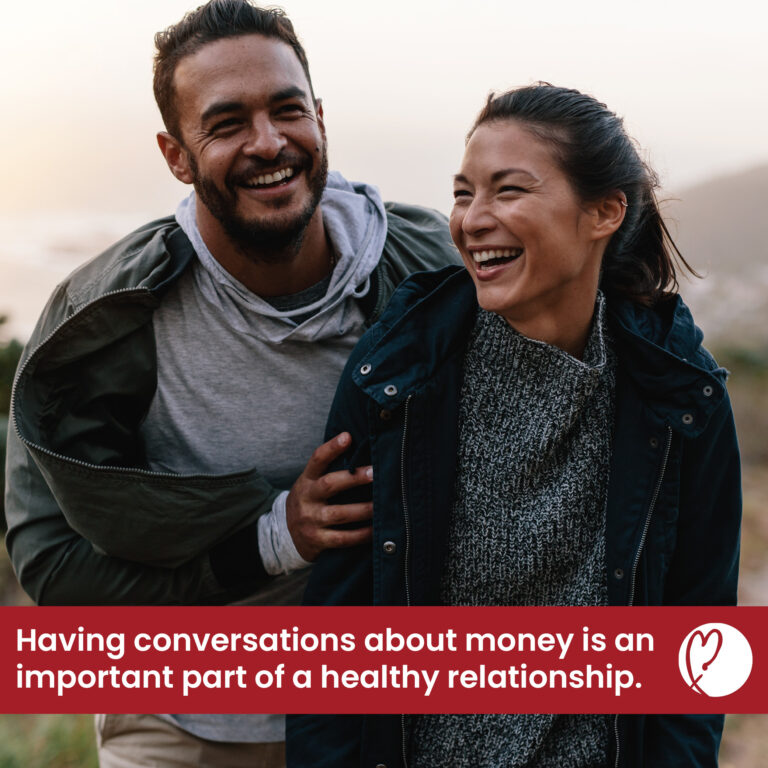Building anything well starts from the ground up, with a good solid foundation – the same applies to a healthy financial relationship.
So, what is a relationship – simply, it’s two people in a ship!
How do you make sure your ship is healthy? It needs to be strong, made with the right materials, comfortable for both people, fit for purpose, and able to navigate obstacles and choppy seas.
None of these things happen on their own, it requires some effort to have a good healthy relationship.
What is a Healthy Financial Relationship?
What is a Healthy Financial Relationship?
Building a healthy financial relationship starts like any healthy relationship – from the ground up, with a good solid foundation.
Think of your relationship like two people in a ship – how can you make sure your ship is healthy and strong?
It needs to be made with the right materials, comfortable for both people, fit for purpose and able to navigate obstacles and choppy seas.
None of these things happen on their own, it requires effort from both people to have a healthy relationship.
You’ll need the following foundations:
Mutual respect
Valuing who the other person is, appreciating what they bring to the relationship and understanding each other’s boundaries.
A safe supportive environment
Feeling safe physically, emotionally and financially. Feeling comfortable to be yourself and share your opinions - even if they are different.
Trust
Having confidence and faith in each other even when you are not sure.
Equality
Both people feeling involved in decisions, and having a willingness to negotiate situations.
Independence
Spending time together but also your own space and a life outside of the relationship - including financial independence.
Regular communication
Open and honest, being able to disagree and resolve conflict without fear of how your partner might respond regardless of what might be said.
When does money become important in the relationship?
When you are single and your money is yours, making money decisions is easy – you can spend, save or invest however you like.
When you start a new relationship, there will come a time when some costs are shared. This will look different for everyone.
For example who pays when you’re:
- On a date – food, drinks, activities, events and petrol
- Going on vacation together – accommodation, travel costs and food
- Buying something together – a car, pet, house or furniture items
- Moving in – blending families, living costs and furnishings
- Getting married – venue, honeymoon and other costs
There is no one size fits all.
Some couples manage their own money and just share costs. Others join some of their money, while others join all their money.
Every relationship is unique and there is no right or wrong, it’s about finding what works for you both.
Building money into your relationship
As well as the general healthy relationship foundations, here are a few important money foundations:



To make all this happen communication is key.
It’s important to talk about money regularly in a relationship as financial changes and challenges can sneak up on you and become stressful – without a lot of warning.
We know that having conversations about money is not always easy and can be a struggle for many couples.
Some people are very aware of what has influenced their financial opinions and are open to discussing their views – while others are not.
While it is useful to know that you and your partner are likely to have different perspectives, talking about money doesn’t have to be scary.
Our Healthy Relationship Toolkit has a range of useful information that you can use to support your healthy financial relationship.
It has resources that will support you to understand your own relationship with money, the differences between genders, how money is viewed, as well as a few quizzes and communication skill-building exercises.
You can explore it on your own or with your partner.
For many people, money is a taboo subject.
The topic itself is not the issue, it’s the emotions, beliefs, and values that are often associated with it, which if not understood can get in the way of healthy conversations.
Healthy financial relationship checklist
Tick all that apply
If you don’t have many boxes checked and you’re concerned about your relationship, speak to our Financial Wellbeing Coach.
“I have a great financial relationship with my partner – we talk about money regularly.
We have some joint and separate money.
I manage the joint money simply because I enjoy it.
Although we both agreed to this, there are times when my partner wants some money and feels like he has to ask for it and that’s uncomfortable for him.
The intention was never for this to be the case as we both have joint access.
The same feeling occurs for me when I make a financial decision that he seems fine with, but we have no real discussion – I second guess myself.
I suppose my point is, the more involved you both are in the finances the more inclusive and supportive it feels – and less likely to feel as if one person has more power or control over the finances.
Therefore, there’s less chance of frustrations arising that could lead to more harmful attitudes or behaviours.”
Did you find this useful?
We are a not-for-profit organisation working to improve the financial and social wellbeing of New Zealanders.
The resources on this website are provided free of charge to make sure they are available for people who need them.
If your organisation found these resources helpful, please consider making a donation to ensure we can continue supporting those people who need our help.
You can also make a donation, or set up a recurring donation, by contacting us directly


